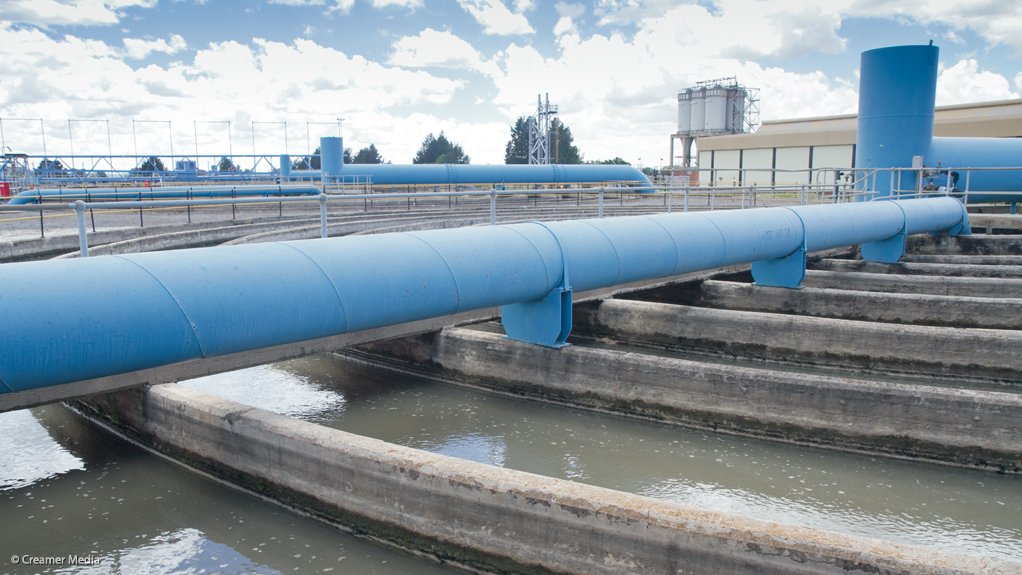Despite all efforts, Rand Water remains challenged by nonpayment by municipalities for water provided and ongoing power outages and loadshedding.
While South Africa's national grid is seemingly stabilising, the bulk water provider still experiences a significant number of power trips.
Rand Water CEO Sipho Mosai on Wednesday said that electricity supply remained a significant challenge, with each outage or loadshedding stage leading to long durations of recovery for the water pumps, reservoirs and other infrastructure.
"We have been left with no option, like everyone else, but to find alternatives and reduce the dependency on the national grid," he told media during a briefing.
While building its own power station, at R7-billion, is prohibitively costly, the water institution is embarking on several initiatives to reduce its reliance on the national electricity grid.
These include hydropower, solar photovoltaic, generators and engaging State-owned power utility Eskom over loadshedding.
In addition, Eskom, the Department of Water and Sanitation (DWS), Rand Water and other stakeholders are currently in discussions to potentially ringfence electricity supply to assist.
Meanwhile, with billions of rands owed to Rand Water for water supplied to the various municipalities across Gauteng, and the difficulty in recovering the debt, Rand Water has tabled several proposals to Water and Sanitation Minister Senzo Mchunu for assistance.
Rand Water chairperson Ramateu Monyokolo said that over the past year, debtors' days increased from 71 days in July 2022 to 109 days by June 2023.
This is well over double the 35 days achieved in 2014/15.
Despite this, the water entity continues to supply 100% of water without restrictions and continues in efforts to engage and assist the municipalities.
However, Rand Water is now taking a more heavy-handed approach to recover the funds owed to it.
Several notices have been issued to the various municipalities, with one intervention working to attach property and accounts.
"We have engaged in all processes over the last decade, which has not delivered the outcomes required.
"We are now using all credit management processes available to us. We have to protect the entity's financial position."
Mosai added that the entity understands the challenges faced by municipalities, but some are not entering debt settlement agreements or not honouring arrangements made.
This action is after many years of arrangements not being honoured and is only taken as a last resort to maintain its sustainability.
Rand Water does not have any other form of revenue and does not receive grants from government.
Nonpayment risks the collapse of the water utility.
Following a Ministerial meeting earlier in the week, a task team will be established to pursue the options proposed by Rand Water and other long-term interventions that will resolve the issues of nonpayment.
These include National Treasury directing the equitable share meant for water provision to Rand Water, DWS intervention through grants, a debt relief programme, changing Rand Water’s financial year end to not coincide with municipalities and the revisiting of the water services model, with revenue being ring-fenced through new public utilities and special purpose vehicles.
EMAIL THIS ARTICLE SAVE THIS ARTICLE ARTICLE ENQUIRY
To subscribe email subscriptions@creamermedia.co.za or click here
To advertise email advertising@creamermedia.co.za or click here











